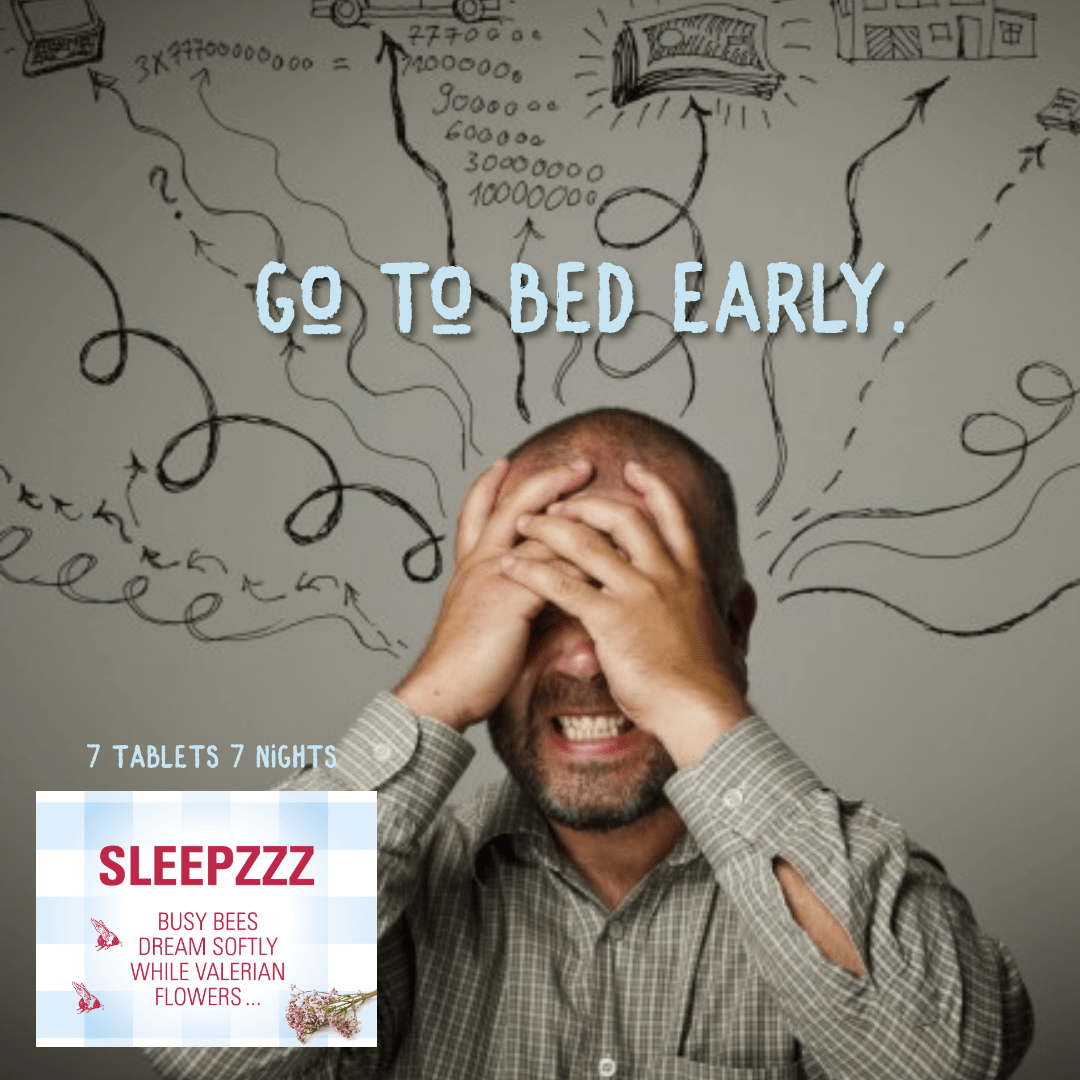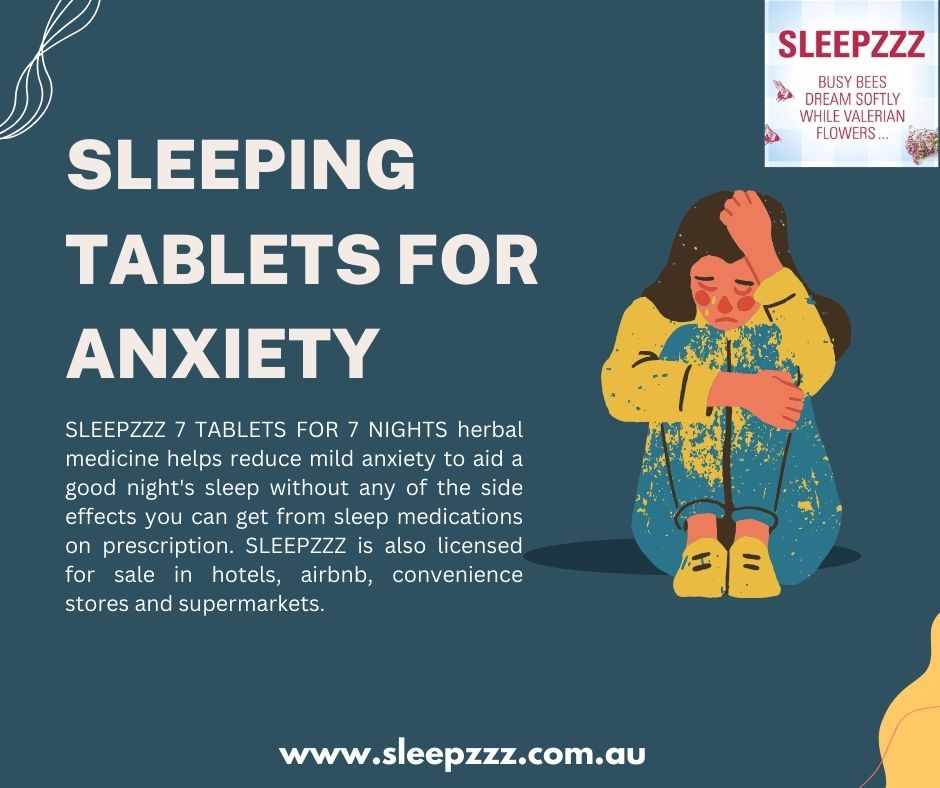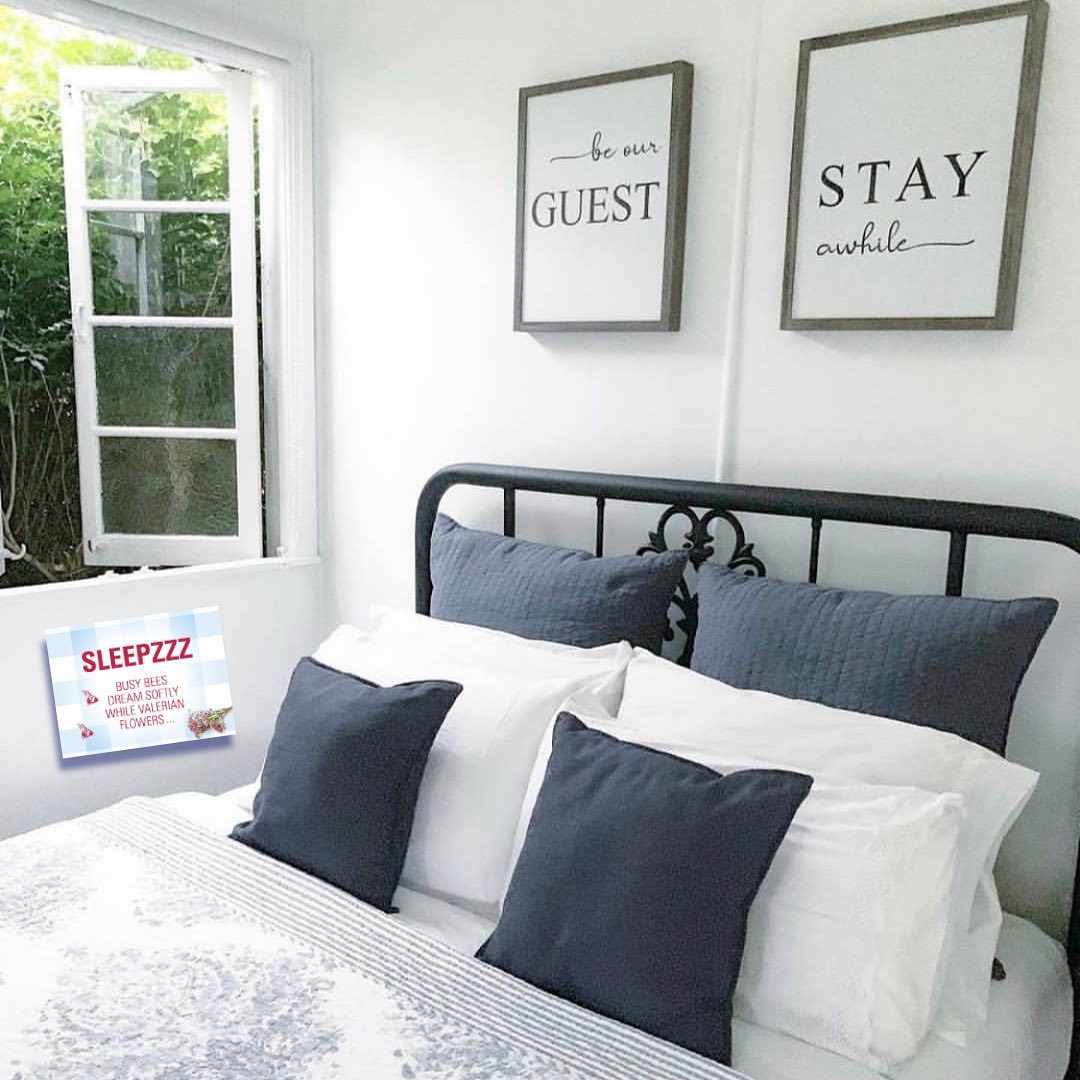
Anxiety can be an overwhelming and debilitating condition, impacting every facet of a person's life, including their ability to get a good night's sleep. Sleep is crucial for overall well-being, and when anxiety disrupts it, it can create a vicious cycle. To break this cycle, many individuals turn to sleeping tablets for anxiety relief. In this blog, we will explore the world of sleeping tablets, their role in managing anxiety, their benefits, risks, and alternatives.
Chapter 1: Understanding Anxiety and Sleep
Before we delve into the solutions, let's understand the relationship between anxiety and sleep.
Anxiety and Sleeplessness: Anxiety often manifests as racing thoughts, excessive worry, and restlessness. These symptoms can make it challenging to relax and fall asleep, leading to sleeplessness.
The Impact of Sleeplessness: Lack of sleep can exacerbate anxiety symptoms, creating a feedback loop. It impairs cognitive function, affects mood, and weakens the body's ability to cope with stress.
Chapter 2: The Role of Sleeping Tablets
Sleeping tablets, also known as sleep aids or hypnotics, are medications designed to help individuals fall asleep or stay asleep. Here's how they can assist in managing anxiety-induced sleep problems:
Promoting Relaxation: Sleeping tablets have sedative effects that can help calm racing thoughts and reduce anxiety, making it easier to fall asleep.
Extended Sleep: Some sleep aids can help individuals sleep through the night, preventing the frequent awakenings often associated with anxiety-related sleep issues.
Short-Term Relief: They can provide temporary relief during particularly stressful periods, allowing individuals to get the rest they need.
Chapter 3: Types of Sleeping Tablets
Several types of sleeping tablets are available, each with its mechanism of action and suitability for different situations:
Benzodiazepines: These drugs are known for their sedative effects and are often prescribed for short-term anxiety relief and sleep improvement.
Non-Benzodiazepine Hypnotics: Drugs like Zolpidem and Zopiclone provide sedation without some of the side effects associated with benzodiazepines.
Melatonin Supplements: Melatonin is a hormone that regulates sleep-wake cycles. Melatonin supplements can help reset disrupted sleep patterns.
Antidepressants: Some antidepressants, such as Trazodone, are prescribed off-label for their sedative properties.
Chapter 4: Benefits and Risks
While sleeping tablets can be beneficial for managing anxiety-related sleep issues, it's important to weigh their advantages against potential risks:
Benefits:
Quick Relief: They can provide rapid relief for sleeplessness and anxiety-related symptoms.
Improved Function: Better sleep can enhance cognitive function and emotional well-being.
Risks:
Dependency: Some sleep aids can be habit-forming, leading to dependency if used over extended periods.
Tolerance: Over time, the effectiveness of sleeping tablets may diminish, requiring higher doses for the same effect.
Side Effects: Common side effects include dizziness, daytime drowsiness, and impaired coordination.
Chapter 5: Best Practices and Alternatives
If you're considering sleeping tablets for anxiety, it's essential to follow best practices:
Consult a Healthcare Provider: Always consult a healthcare professional before using sleeping tablets. They can help identify the underlying causes of your sleep issues and recommend the most suitable treatment.
Short-Term Use: Sleeping tablets are generally intended for short-term use. Longer-term solutions should be explored in consultation with a healthcare provider.
Lifestyle Changes: Lifestyle modifications, such as improving sleep hygiene, managing stress through relaxation techniques, and regular exercise, can complement the use of sleeping tablets.
Cognitive Behavioral Therapy (CBT): CBT for insomnia is a highly effective, evidence-based treatment that can help individuals with anxiety-induced sleep problems.
Chapter 6: Individual Considerations
The suitability of sleeping tablets for anxiety varies from person to person. It's crucial to consider individual factors:
Underlying Conditions: Coexisting medical or psychiatric conditions may influence the choice of medication.
Age: The choice of sleeping tablet may differ for older adults due to variations in metabolism and potential side effects.
Medication Interactions: Be cautious of potential interactions between sleeping tablets and other medications you may be taking.
Chapter 7: Conclusion
In the battle against anxiety-induced sleeplessness, sleeping tablets can provide a valuable tool for short-term relief. However, they should be approached with caution and used under the guidance of a healthcare provider. It's equally important to explore long-term strategies, such as lifestyle changes and therapy, to address the root causes of anxiety and sleep problems.
Sleep is a precious resource, and managing anxiety sleep issues is a significant step towards improved overall well-being. Ultimately, the right approach to managing sleeplessness is one that promotes restful nights and a healthier, anxiety-free life. SLEEPZZZ helps reduce mild anxiety to aid a good night's sleep without any of the side effects you can get from sleep medications on prescription.




.jpg)



Write a comment ...